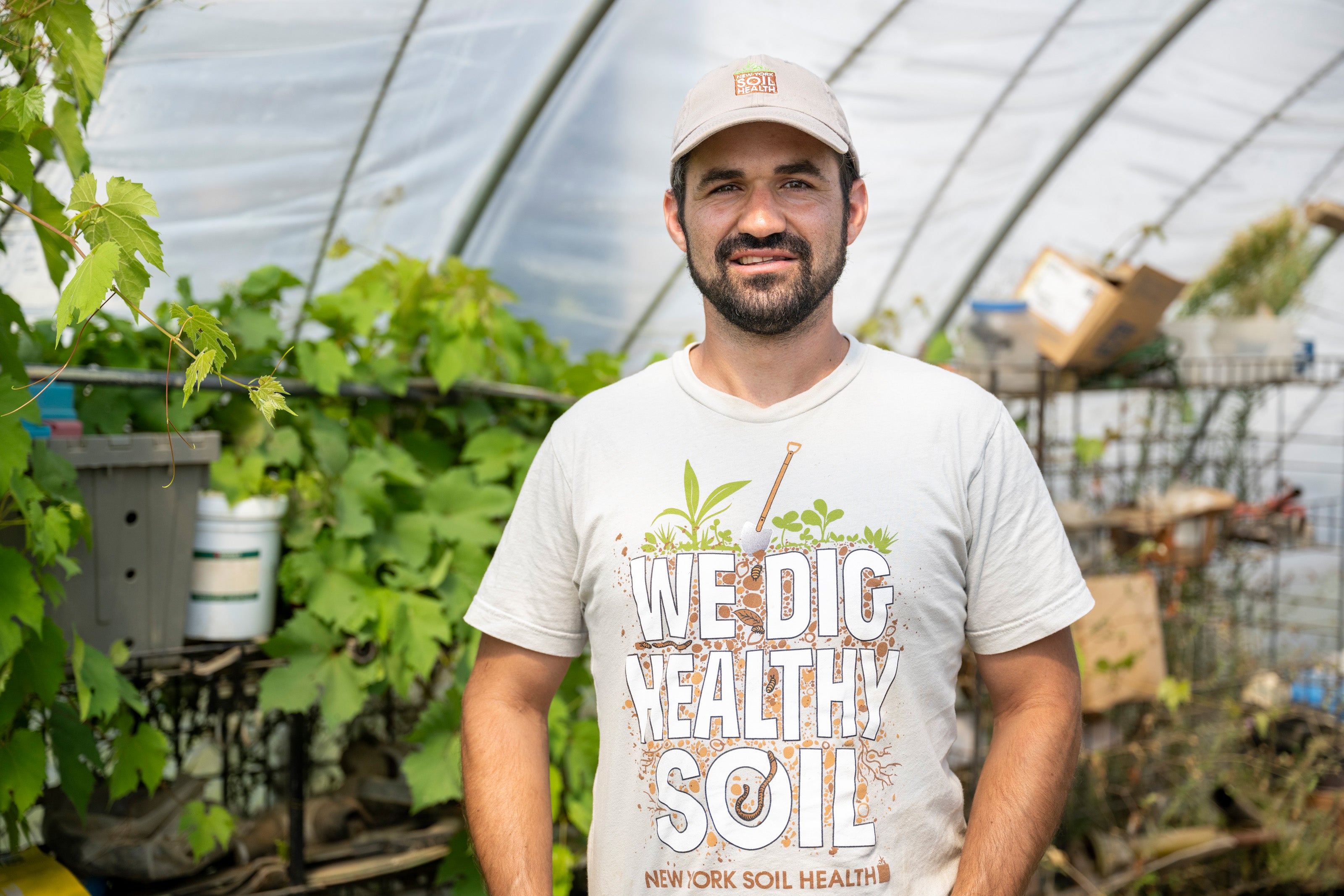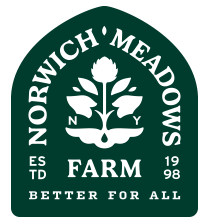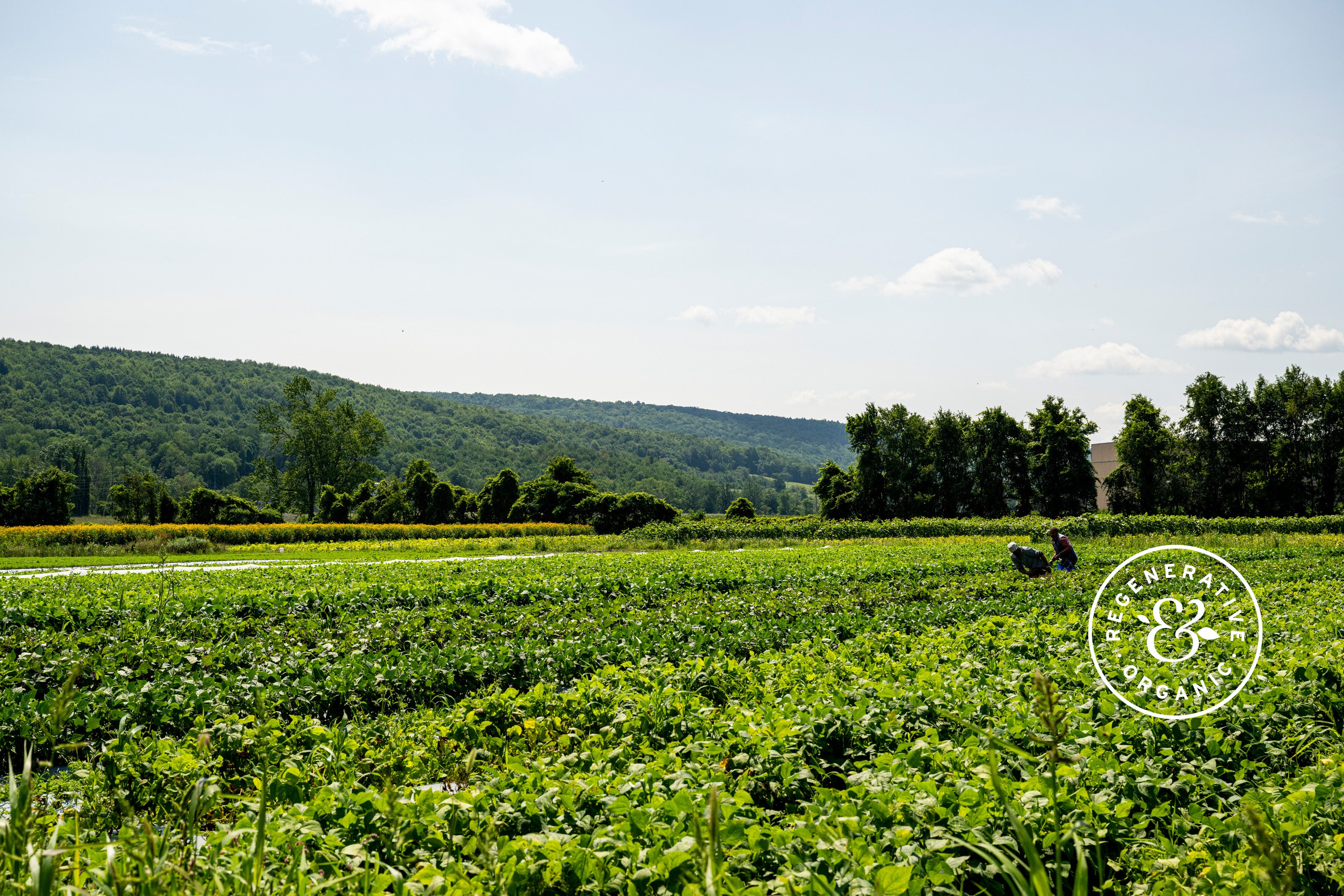Organic and Regenerative
We know that for farms and food to be truly sustainable we always need to be thinking beyond the scope of organic certification. Norwich Meadows Farm seeks to operate in ways that are not just organic but truly regenerative, reflecting our commitment to leaving the earth better than we found it.
Why Organic
Organic agriculture rejuvenates soil, ecosystems, and human well-being. As an organic farm, we seek to embrace natural processes, biodiversity, and local adaptation, and do not use synthetic inputs like chemical fertilizers, pesticides, and herbicides. Organic practices strictly prohibit the use of genetically modified (GMO) products. In contrast, conventional farming uses chemical intervention and genetically modified materials to achieve high production levels.
Our organic production practices emphasize overall system health and synergies, promoting biodiversity and enriching soil fertility. We value the use of traditional farming practices such as crop rotation and compost application to create a sustainable, holistic system. At the same time, where science can improve quality, resilience, and productivity, we learn from and judiciously incorporate new knowledge.
Conventional agriculture imposes environmental and health costs, contributing to greenhouse gas emissions, soil erosion, and water pollution. It jeopardizes human well-being with toxic pesticide residues. In contrast, successful organic farms have a smaller carbon footprint, nurturing soil health, revitalizing ecosystems, and delivering cleaner water and air. This approach prioritizes long-term ecological sustainability.
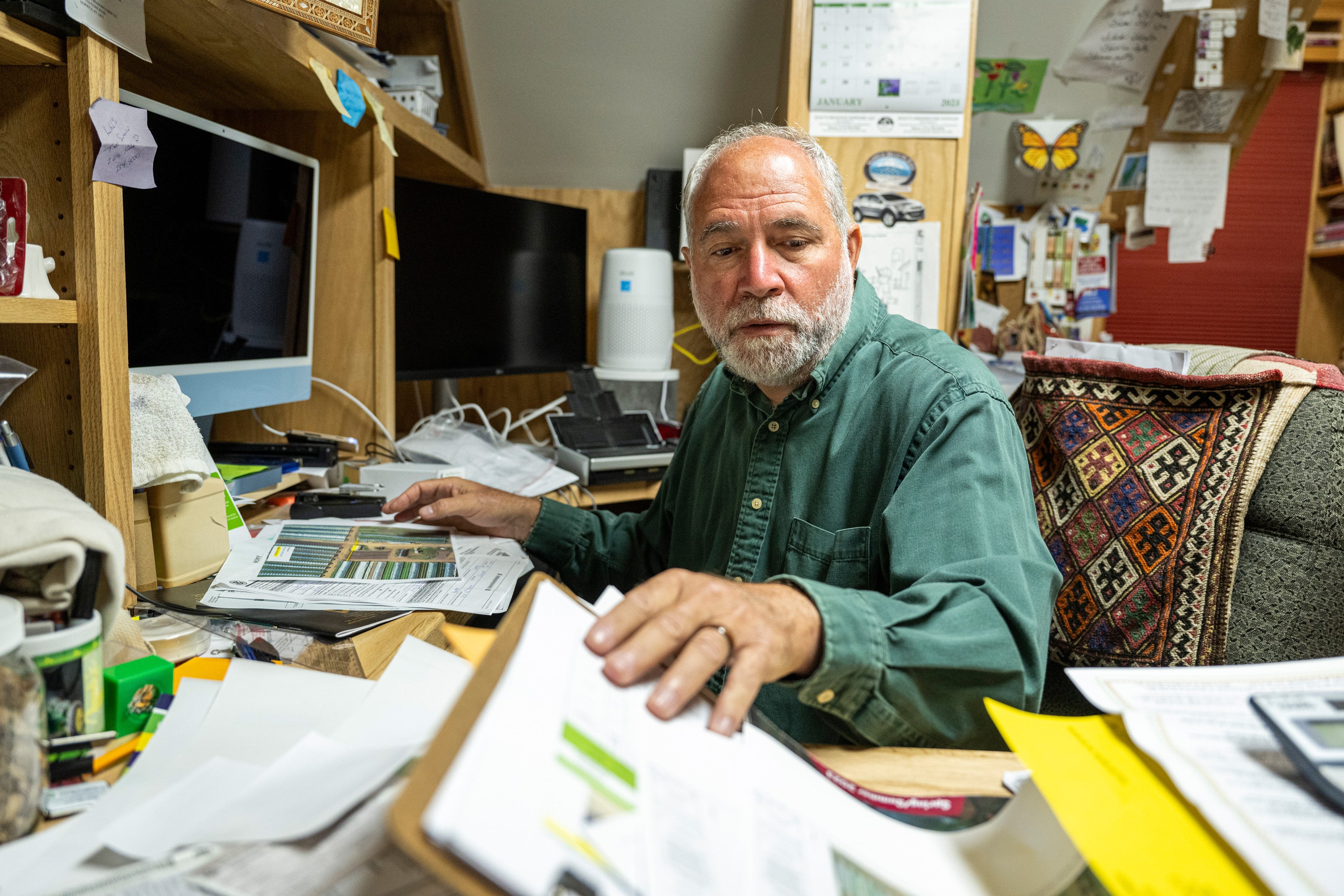
Certified Organic
Norwich Meadows Farm has always been certified organic because we believe in the principles of organic production and we want our customers to have total confidence that we are living up to those principles. We currently manage over 200 acres of land that are certified organic by the Northeast Organic Farming Association of New York (NOFA-NY).
Norwich Meadows Farm has supported the National Organic Program (NOP) since the beginning. Farm co-owner Zaid currently serves on the Board of the Northeast Organic Farm Association of New York (NOFA-NY) and has participated in advocacy at all levels to help ensure the integrity and value of the Certified Organic program.
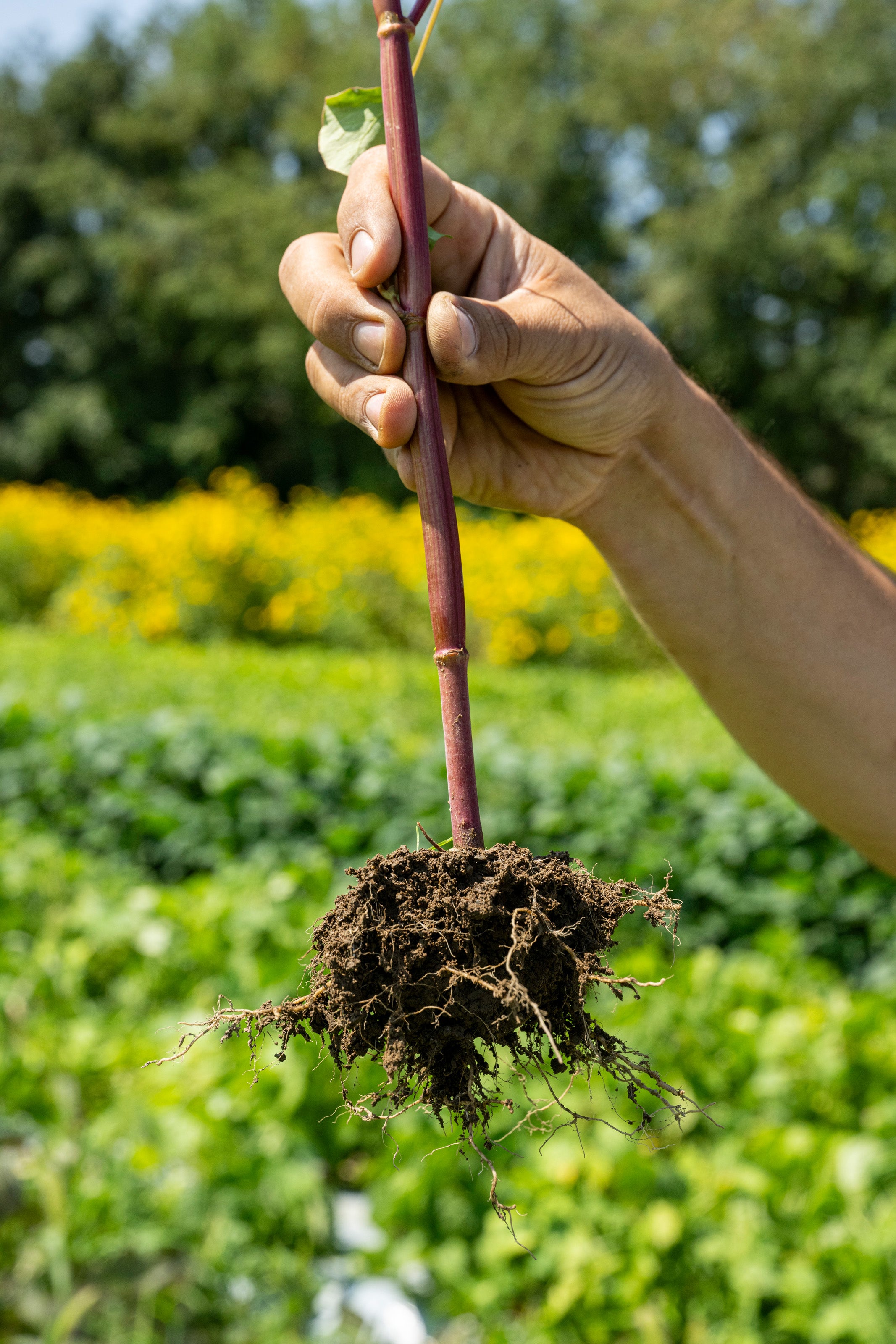
Transitional Organic
As Norwich Meadows Farm has grown, we have been committed to increasing the amount of certified organic land available for production. The process of bringing land that has not previously been certified organic takes three years under the rules of the National Organic Program. During those three years, farm management practices on those transitional acres are identical to our certified organic acres: no use of chemical fertilizers or pesticides, no GMO seeds, etc.
We currently manage about 50 acres of transitional organic fields.We are committed to full transparency about where and how the food we sell is grown, so in our product lists, you will see any produce grown in transitional fields identified as such. We are confident of the quality of the produce that we grow on our transitional fields and proud that we are working toward significantly increasing the acreage of certified organic land in our region.
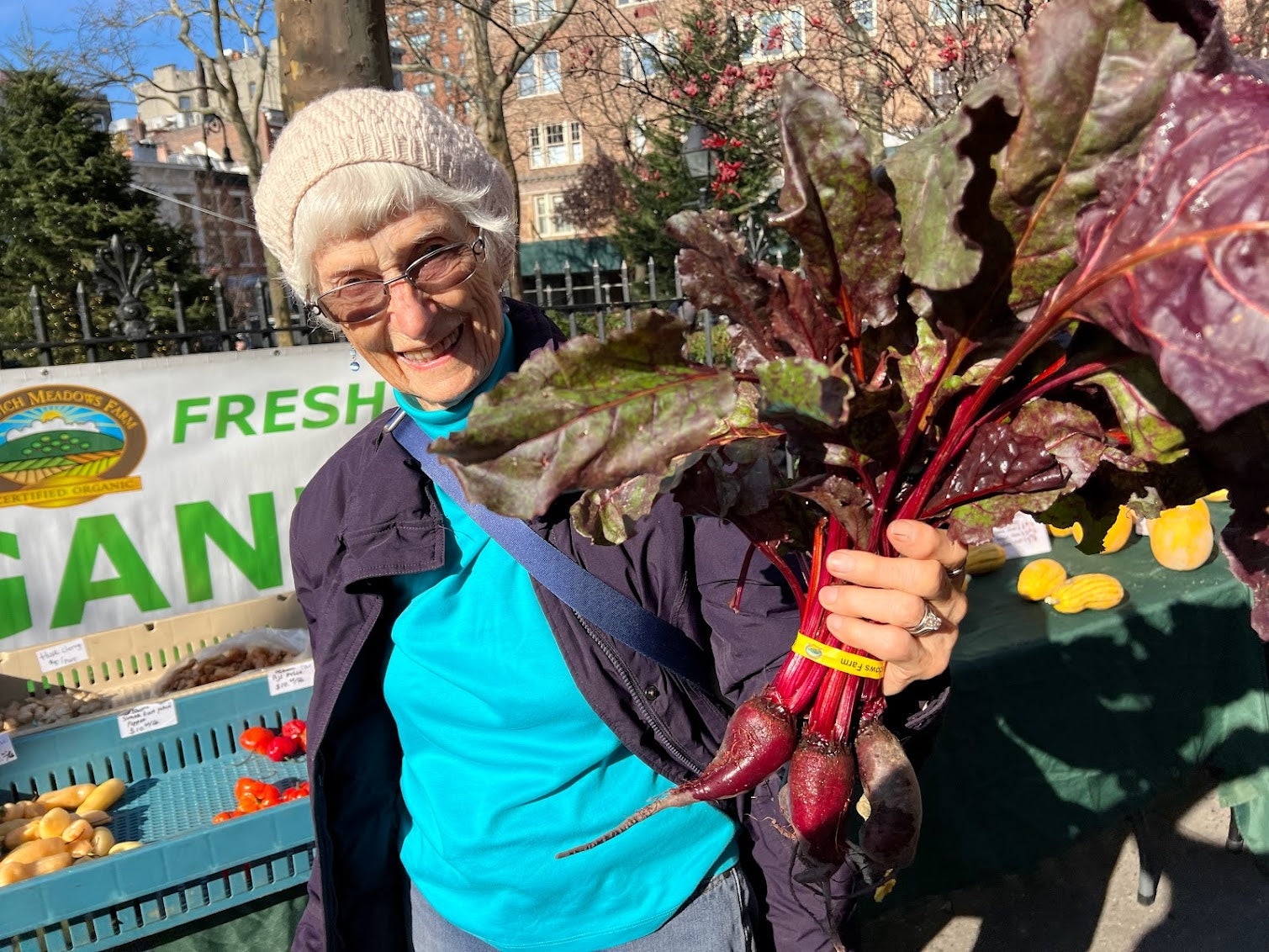
Regenerative
Food buyers these days have a wide range of understandable concerns about where their food comes from, how healthy it is, and how its production may affect the environment and even the society where it is produced and consumed.
Thoughtful consumers are faced with confusing and sometimes misleading claims in the marketplace; we find they are hungry for credible descriptors of the foods and farms whose values and practices address their concerns about health, the environment, and society.
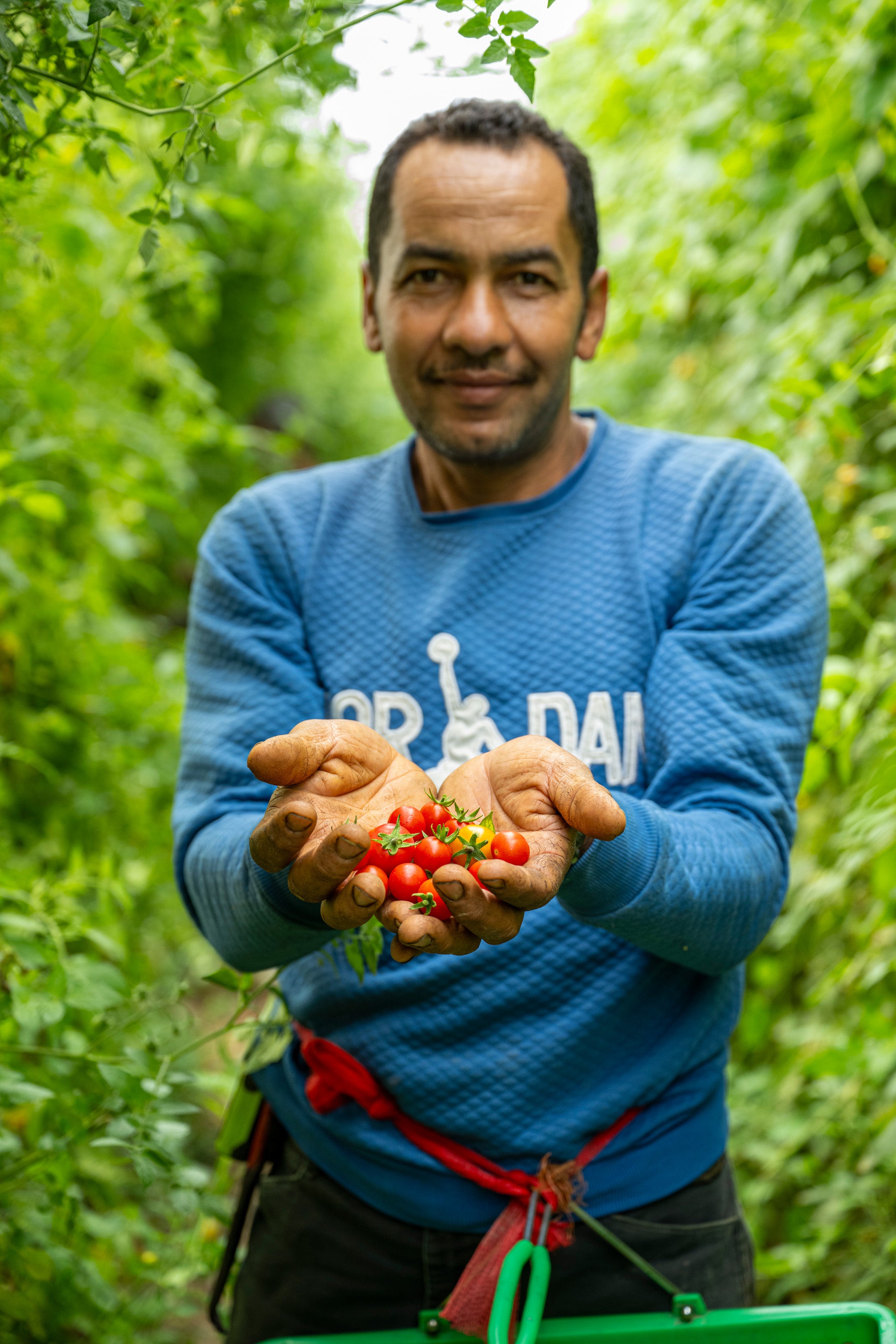
Building on our long history as a certified organic farm, Norwich Meadows Farm has adopted the term “regenerative” as the most effective way available to address a complex set of consumer needs and interests.
The regenerative framework commits the farm to practices that will lead to healthier food, healthier soils, greater biodiversity, a cleaner environment, and fair treatment of everyone with whom we work.
